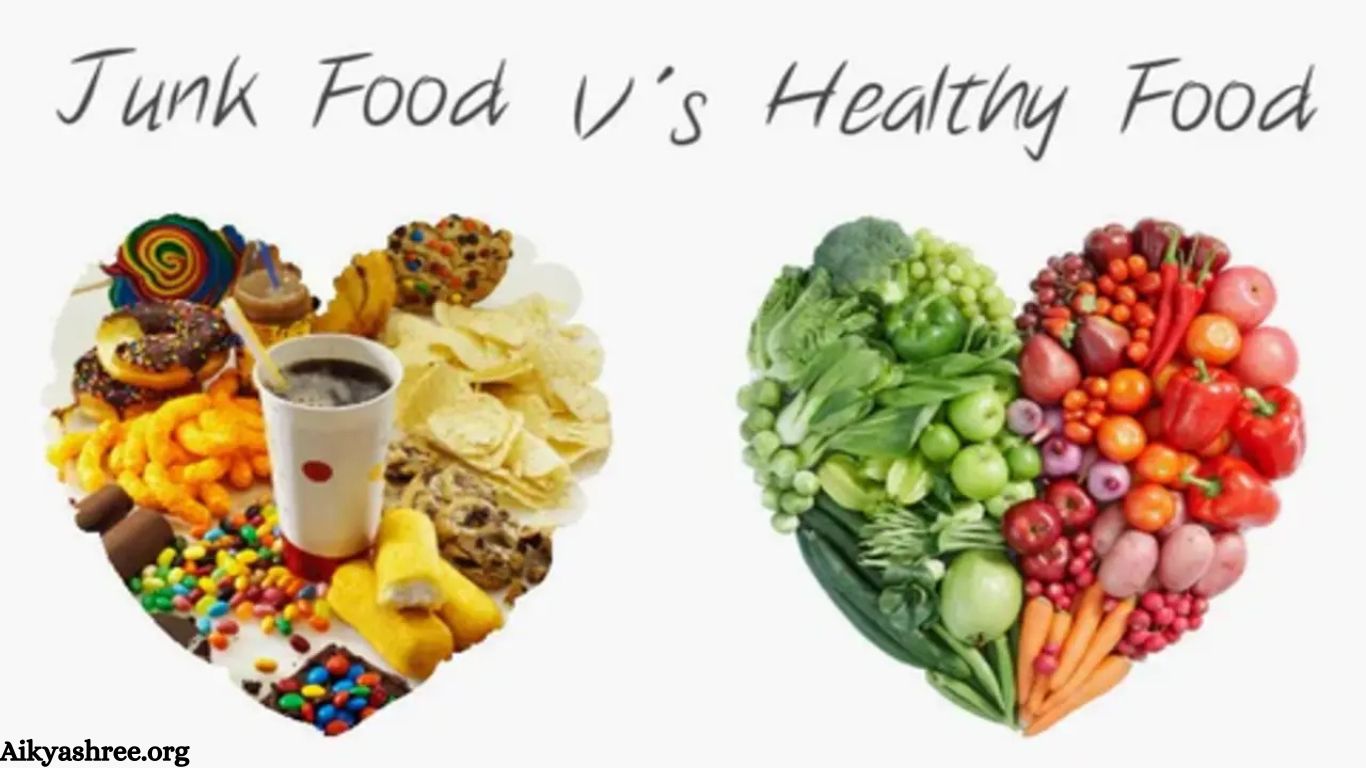In today’s busy world, it’s tempting to grab quick snacks or meals. However, knowing the difference between healthy and junk food is crucial for maintaining good health. This article highlights key factors that define healthy versus unhealthy food, helping you make informed choices for your well-being.
What is Healthy Food?
Healthy food includes nutrient-dense items essential for your body’s optimal function. Here are some key categories:
Fruits and Vegetables: Rich in vitamins, minerals, and fiber, these foods support immunity and digestive health. A colorful variety can boost your well-being.
Whole Grains: Brown rice, quinoa, and whole wheat bread provide complex carbohydrates and fiber, offering steady energy and promoting heart health.
Lean Proteins: Chicken, fish, beans, and legumes deliver essential protein, supporting muscle repair and overall health.
Healthy Fats: Avocados, nuts, and olive oil are excellent for brain health and hormone regulation.
Suggestion: Tanghulu, candied fruit skewers, offer a unique way to enjoy nature’s sweetness. Packed with vitamins and antioxidants, they provide a fun, healthy treat to brighten your day.
Read More: Top 7 Fertility-Boosting Foods for Optimal Reproductive Health
What is Junk Food?
Junk food refers to highly processed items that are low in nutrients and high in unhealthy ingredients. Common examples include:
Fast Food: Burgers and fries are calorie-dense and high in unhealthy fats, offering little nutritional value. Frequent consumption can lead to weight gain and other health issues.
Sugary Snacks: Candy, cookies, and soft drinks are packed with added sugars, causing energy spikes followed by crashes and contributing to long-term health problems.
Processed Foods: Chips and instant meals are full of preservatives and artificial ingredients, providing minimal nutritional benefit despite their convenience.
Key Differences
Nutritional Content: Healthy foods supply essential nutrients, while junk foods provide empty calories with minimal nutritional value.
Health Impact: A diet rich in healthy foods reduces the risk of conditions like diabetes, heart disease, and obesity, whereas regular junk food consumption increases these risks.
Satiety: Healthy foods, high in fiber and protein, help you feel fuller longer, controlling hunger. Junk foods often lead to unsatisfaction, causing overeating.
Making Better Choices
Understanding the difference between healthy and junk food is key to adopting better eating habits. Focus on filling your plate with whole, unprocessed foods packed with nutrients. Limit junk food to support overall health.
Frequently Asked Questions
What is the difference between healthy and junk food?
Healthy food is rich in essential nutrients like vitamins, minerals, and fiber, while junk food is highly processed, low in nutrients, and often high in unhealthy fats, sugars, and preservatives.
How can I make healthier food choices?
Opt for whole, unprocessed foods such as fruits, vegetables, whole grains, lean proteins, and healthy fats. Limit your intake of sugary snacks, fast food, and processed meals.
Why is it important to limit junk food?
Regular consumption of junk food can increase the risk of chronic conditions like obesity, diabetes, and heart disease. Eating more nutritious foods can help prevent these issues and improve overall health.
Can I ever eat junk food?
While it’s best to prioritize healthy foods, occasional indulgence in junk food is okay as part of a balanced lifestyle. Moderation is key.
How do healthy foods help with weight management?
Healthy foods are typically more filling due to their fiber and protein content, helping to control hunger and reduce overeating, which can contribute to weight management.
Are all processed foods bad for you?
Not all processed foods are unhealthy. Some, like frozen vegetables or canned beans, are nutritious. The key is to avoid overly processed foods that contain preservatives, artificial ingredients, and added sugars.
What are some examples of healthy snacks?
Healthy snacks include fruits, nuts, yogurt, and whole-grain crackers with hummus. These options are nutrient-dense and provide sustained energy.
Conclusion
Making informed choices between healthy and junk food is essential for maintaining overall health and well-being. Prioritizing whole, nutrient-dense foods while limiting processed and sugary options can help prevent chronic diseases, manage weight, and promote long-term vitality. By adopting healthier eating habits and enjoying foods that nourish your body, you set yourself up for a more energetic and fulfilling life.

